
Global education in 2017: the good, the bad and the champions for children
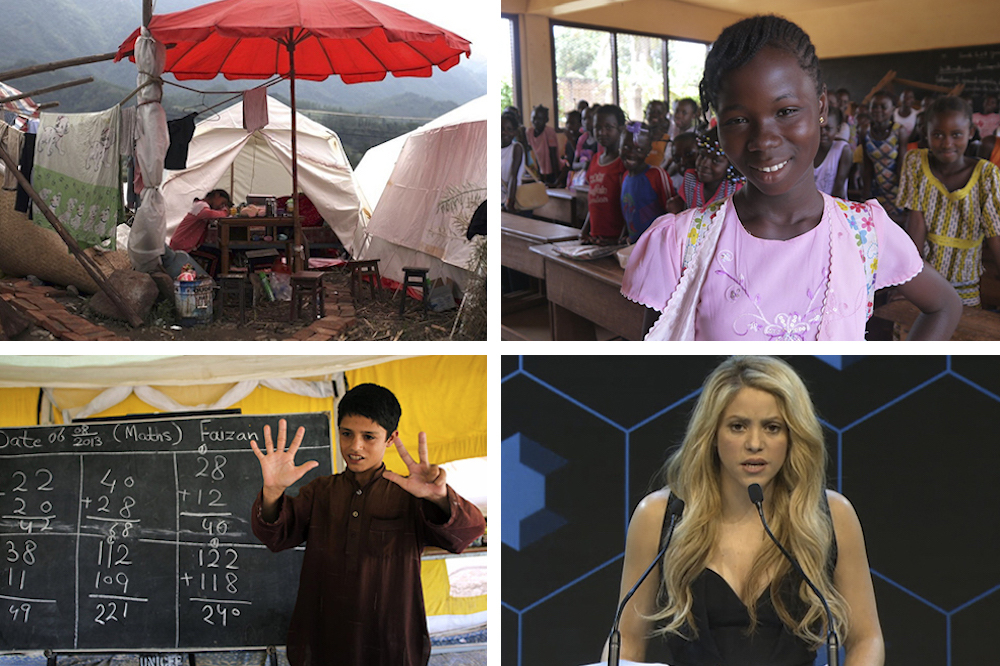
Chibok girls, Child marriage, Children in conflicts, Children's welfare after natural disasters, Education Cannot Wait, Education funding, Education in emergencies, Girls' education, Refugees and internally displaced people, Right to education, Safe schools, Safe Schools Declaration, The Education Commission, Theirworld
In the struggle to get every child in school, this has been a year of conflicts and disasters - but also innovations, leadership and inspiring campaigners.
THE POSITIVES
New fund to help millions of children into school
In a crucial turning point for global education, G20 leaders made a dramatic commitment that could change the future for children around the world.
After 10 years of declining funding for education, the July summit in Germany committed to action on a bold plan to unlock $10 billion a year and help to get millions of girls and boys into school.
The innovative International Finance Facility for Education (IFFEd) will be taken forward by Argentina during its year of G20 presidency. The move came after campaigning by Theirworld and many other leading organisations including ONE, Global Citizen, Save the Children, Avaaz, Islamic Relief, VSO and World Vision.
More Syrian refugees are in school
Progress is being made in the push to deliver education to every Syrian refugee child. More than half of refugees in Turkey, Lebanon and Jordan are now in school.
But more needs to done, with 500,000 children still out of school – despite a promise by world leaders in 2016 to get every refugee child into a classroom by this year.
Funding is vital to help host countries. For example, the European Union pledged three billions euros ($3.5 billion) to Turkey’s refugee efforts – and 2.9 billion euros has been allocated so far. It has helped Turkey to place 620,000 of the 976,000 school-age Syrians into education so far.
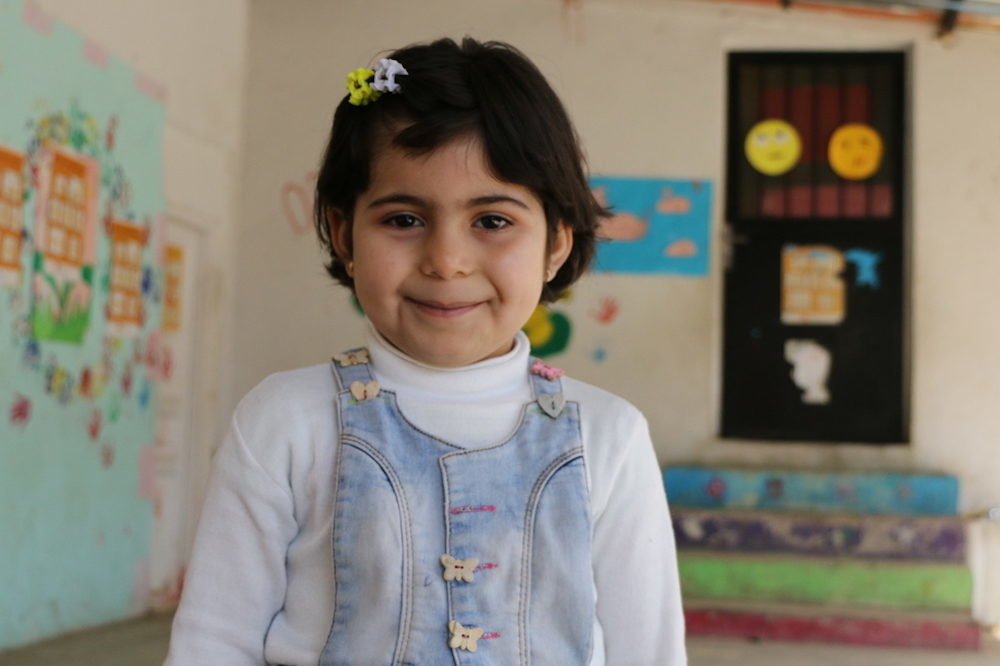
(Norwegian Refugee Council)
Dozens of Chibok girls set free
Three years after they were abducted by Boko Haram, 82 of the Chibok schoolgirls were freed in a prisoner swap deal in May.
The Nigerian president’s office said months of talks with the jihadists had “yielded results” – just over six months after 21 of their classmates were freed with the help of international mediators.
In September, the government said a total of 106 freed Chibok girls were ready to go back to their families and return to school if they wanted.
Countries crack down on child marriage
Every year, millions of girls around the world become brides before the age of 18 – putting them at risk of abuse and health complications, and disrupting their education because they are not permitted to return to school or because of early pregnancy.
But in 2017 many countries around the world banned the practice or closed legal loopholes. That included Malawi which – after a youth-led campaign – amended a law allowed those aged 15 to 18 to continue to marry if they had parental consent. El Salvador also closed a loophole allowing men to marry pregnant girls under 18 with parental consent.
Afghanistan launched a national plan to end child marriage. In the United States, New York state raised the legal minimum age to 18 – or 17 with parental and court approval. Honduras banned it under any circumstances.
Six of the 10 countries with the highest child marriage rates are in West and Central Africa. At a high-level summit of 27 nations in October, political leaders, activists and local chiefs all made a commitment to end the practice.
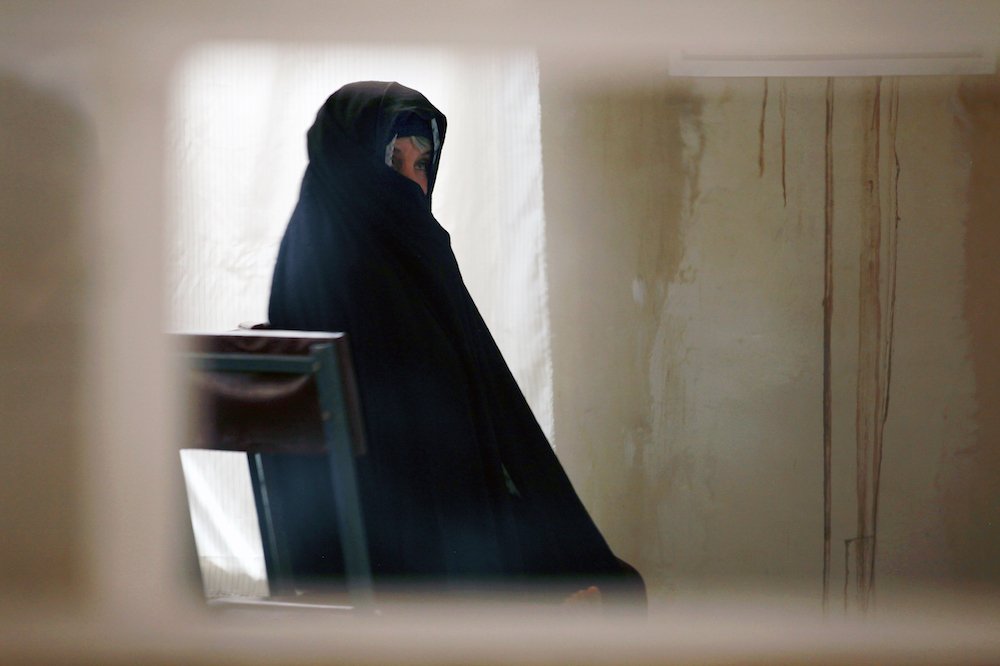
Initiative to help young people get future jobs
A new Youth Skills and Innovation Initiative was launched in September to help young people be ready for the jobs of the future.
It brings together youth, industry leaders and experts to create solutions and take action to support the development of “new basic skills” needed by the next generation of innovators, makers and entrepreneurs.
The initiative was established by Intel Corporation and the Global Business Coalition for Education. It includes a new youth skills commission.
Code Clubs give girls technology skills
Theirworld’s Code Clubs give girls the opportunity to develop the skills needed for the huge growth in STEM industries across Africa – and to break the cycle that keeps women out of education and in poverty.
In 2017 we launched six more Code Clubs in three regions of Tanzania, and expanded the Code Clubs to Lebanon, where we work with girls from vulnerable refugee populations including Syrian and Palestinian.
By the end of this year, more than 280 girls in four different Sub-Saharan African countries will have successfully completed the Code Clubs programme.
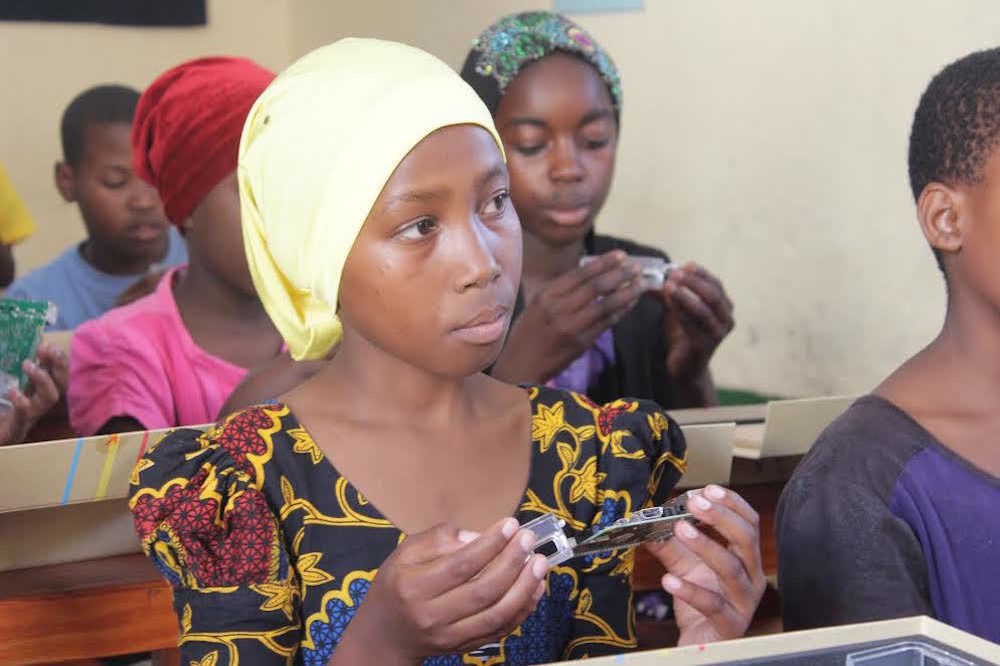
(Theirworld)
THE NEGATIVES
Conflicts put 37m children out of school
There are 37 million children around the world who are not at school because of conflicts. In 2017, schools and education continued to come under attack in many countries – including Syria, Iraq, Yemen, South Sudan, Nigeria and Afghanistan.
Theirworld’s #SafeSchools briefing – published earlier this month – said the number of attacks on schools is likely to be higher than the 400 verified for 2016.
An estimated 158 million school-age children and adolescents (aged six to 17) are living in 24 countries and areas currently affected by armed conflict.
… And cause trauma and refugee crises
The global toxic stress problem is critical, with more than one million babies being born in conflict zones. Prolonged exposure to high levels of stress from trauma, violence, neglect or deprivation can prevent or slow the healthy development of the brain – and that can have massive effects on the rest of a child’s life.
Apart from the Syrian conflict, other wars and violence are causing huge displacement and refugee situations. The humanitarian problems in the Lake Chad region of Africa were described as “a crisis of forgotten children“.
In Yemen, the full extent of the suffering endured by millions of children was revealed by the UN last month. It said 11.3 million children need humanitarian assistance, half of children under five have stunted growth and 1600 schools have been destroyed or partially damaged due to airstrikes or shelling.
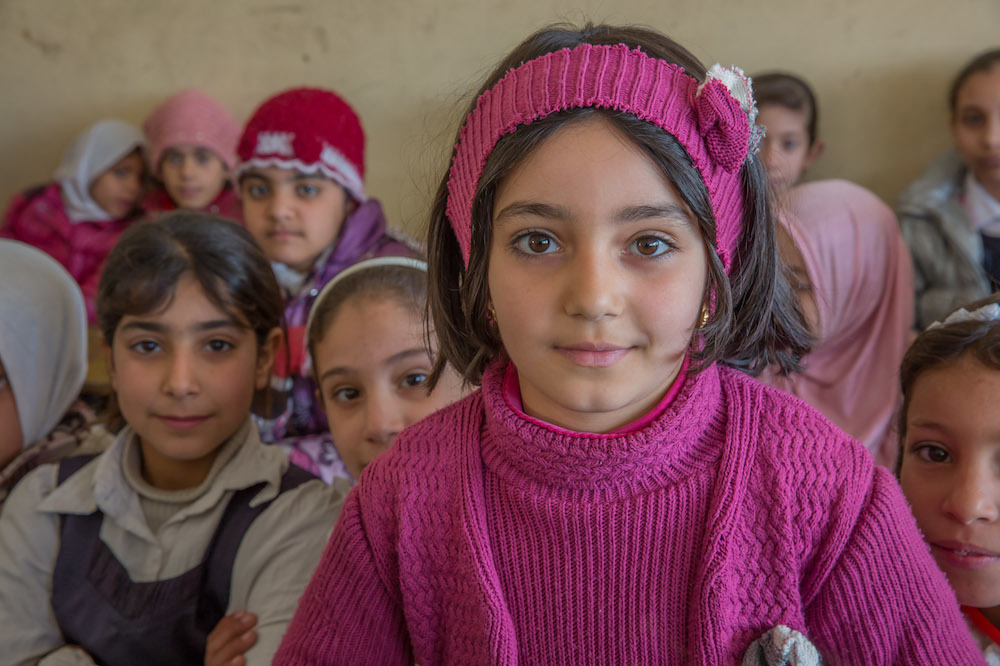
(UNICEF)
Aid to education continues to fall
Aid is falling well short of what is needed if every child around the world is to get into school, said the UN.
The Sustainable Development Goals agreed by world leaders include a target of getting every child a quality primary and secondary education by 2030. But the amount of aid allocated to education has been falling for six years in a row, according to a UNESCO policy paper published in June.
While overall development aid increased by 24% from 2010 to 2015, the amount spent on education dropped by 4%. It is now less than the funding for transport.
Fears for future of Rohingya children
State violence against Myanmar’s Rohingya people resulted in more than 600,000 people fleeing into Bangladesh after August.
About 60% of them were children and international organisations asked for urgent help to get them into education. Hundreds of traumatised children at the refugee camps had been separated from their families.
Charities raised concerns about large numbers of children being out of school and at risk of child marriage, abuse, sexual exploitation, trafficking and child labour.
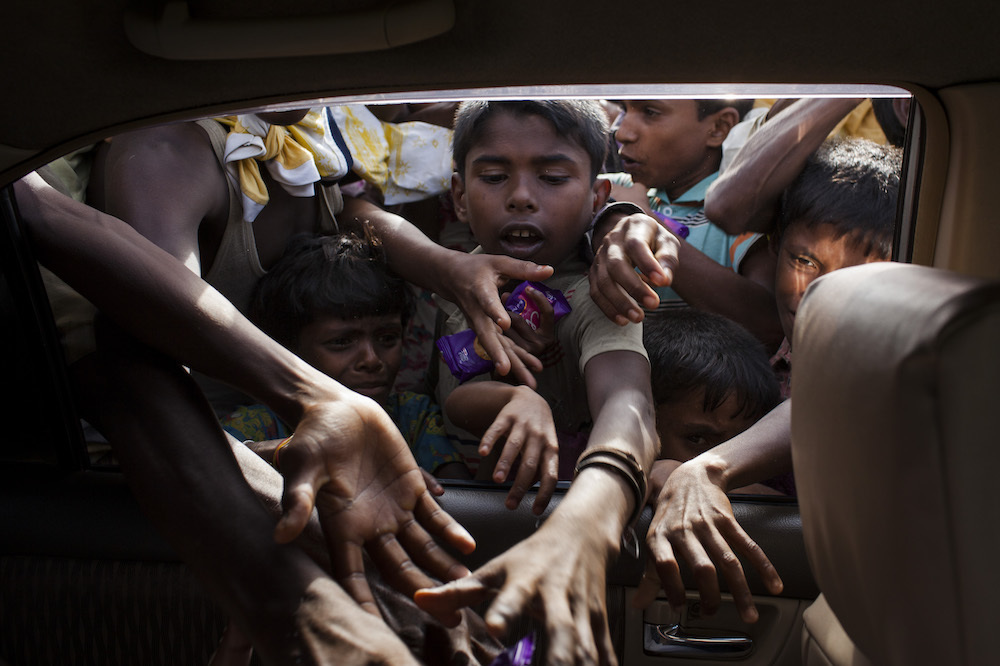
(UNICEF / Brown)
Refugee education still a struggle
More than half of the world’s refugee children are not at school. About 3.5 million “didn’t get a single day” of school last year from among the 6.4 million children aged between five and 17 under the care of the UN refugees agency.
The 2016 figure, released by UNHCR in September, was a slight improvement over the previous year’s total of 3.7 million.
In April, it was revealed that 534,000 Syrian refugee children have yet to set foot in a classroom. A large number of those are in “non-formal” education but not in state schools.
Children in school but still being failed
More than 300 million children are in school but still not learning. Their inadequate education will leave them behind when it comes to passing exams, getting a job and taking their place in society.
The World Bank’s World Development Report 2018 on education said that – even after several years in school – millions of children cannot read, write or do basic mathematics.
UNESCO statistics also showed that in sub-Saharan Africa, 88% of children and adolescents will enter adulthood without a basic proficiency in reading. In central and southern Asia, 81% are not reaching an adequate level in literacy.
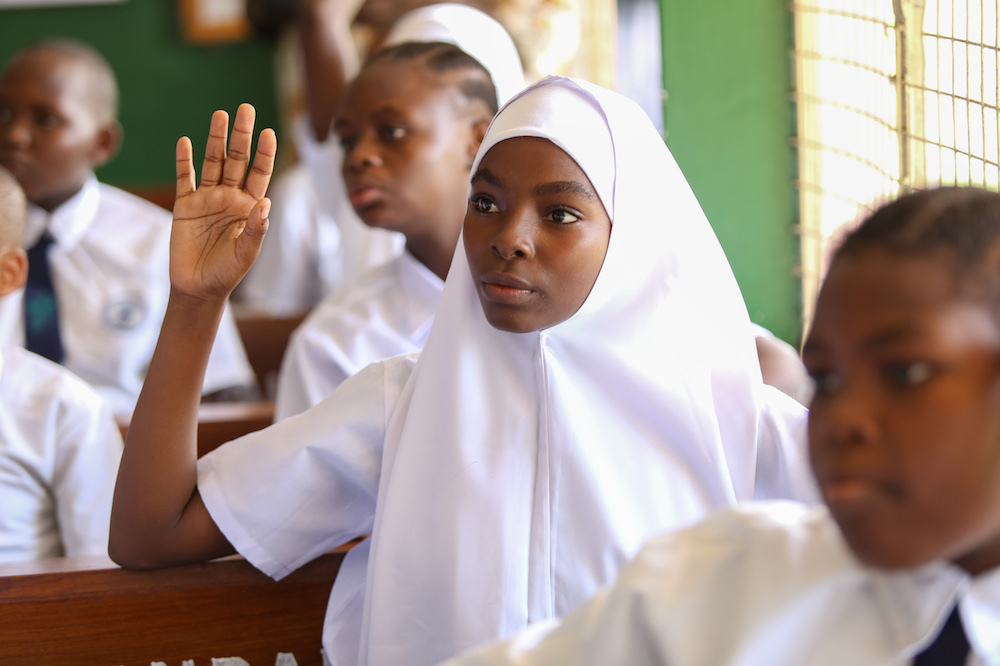
The World Bank has warned that millions of children are in school but not learning basic skills (World Bank)
Natural disasters cause chaos
It was a year of extreme weather that made millions of children homeless. Hundreds of thousands of children also had their education disrupted due to schools being severely damaged or destroyed by floods or storms.
Monsoon rains and a cyclone devastated the Bay of Bengal region – leaving 1.3 million children homeless and in need of urgent humanitarian help in Sri Lanka, Bangladesh and Myanmar. Floods in India, Nepal and Bangladesh then destroyed or damaged thousands of schools.
In Peru flooding put two million children out of school, a cyclone in Madagascar did the same to 80,000 and earthquakes in Mexico destroyed or damaged more than 5000 schools.
THE CHAMPIONS
Erna Solberg shows the way
Norway and her Prime Minister Erna Solberg have become global leaders on helping children in developing countries into school. Each year it supports more than 3.1 million children in education – including 1.6 million in fragile and conflict-affected countries.
Solberg is a co-convener of the Education Commission, which proposed the IFFEd. When the G20 summit was held in July, Norway contributed to the funding of education being included in the final declaration for the first time. The leaders committed to action on making IFFEd a vital part of the education solution.
Norway had already actively contributed to the formulation and implementation of the Sustainable Development Goals and held the hugely significant Oslo Education Summit in 2015.
Theirworld honours three outstanding leaders
Theirworld and the Global Business Coalition for Education honoured three leaders who have made outstanding contributions in the ongoing efforts to give every child the opportunity to be educated.
They are UNICEF Chief Executive Anthony Lake, former UNESCO Director-General Irina Bokova and Jakaya Kikwete, former president of Tanzania and a member of the global Education Commission.
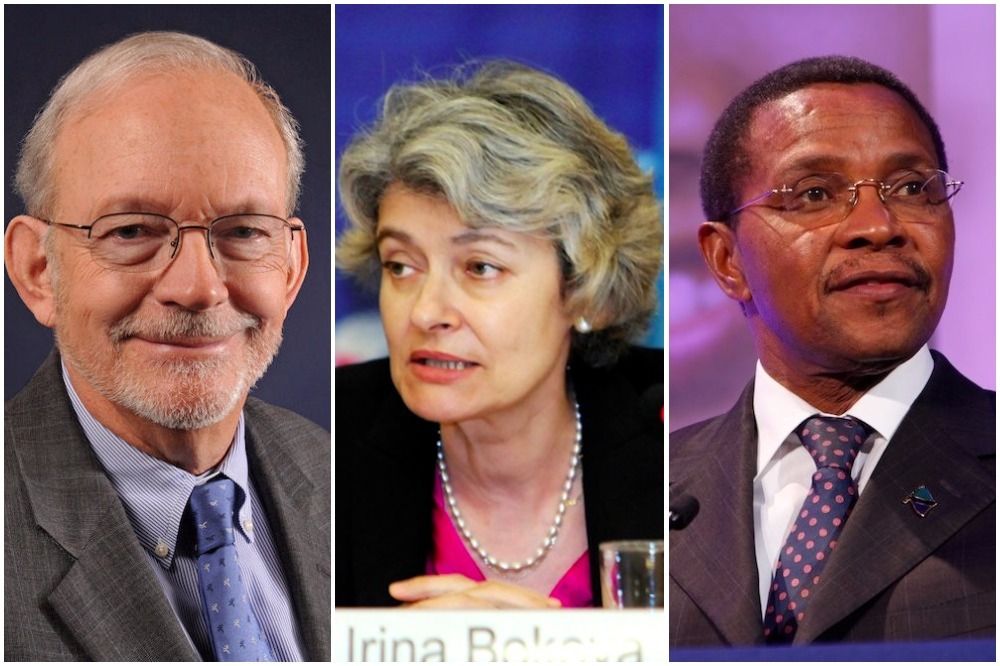
Theirworld gave awards to Anthony Lake, Irina Bokova and Jakaya Kikwete
Argentina shows strong leadership
The South American country now holds the presidency of the G20 and will have the task of shaping the IFFEd.
With the future of millions of young people at stake, Argentina’s President Mauricio Macri has said that “nothing is more important for our future than education.”
Argentina had already shown it’s serious about helping global education when it hosted the Second International Safe Schools Conference in March. More than 80 nations gathered in Buenos Aires to discuss how to protect students, teachers and their schools during armed conflict.
Campaigners (and UN chief) back funding plan
Talking of the International Finance Facility for Education, G20 leaders agreed to back it after strong support from UN Secretary-General Antonio Guterres and a call to action by 29 major charities and campaigning organisations.
It was supported by singer and education campaigner Shakira, together with charities and organisations including Theirworld, ONE, Global Citizen, Save the Children, Avaaz, Malala Fund, Islamic Relief, VSO and World Vision.
The call to action was handed over by Theirworld Global Youth Ambassador Saket Mani at an international youth forum in Berlin ahead of the G20 summit.
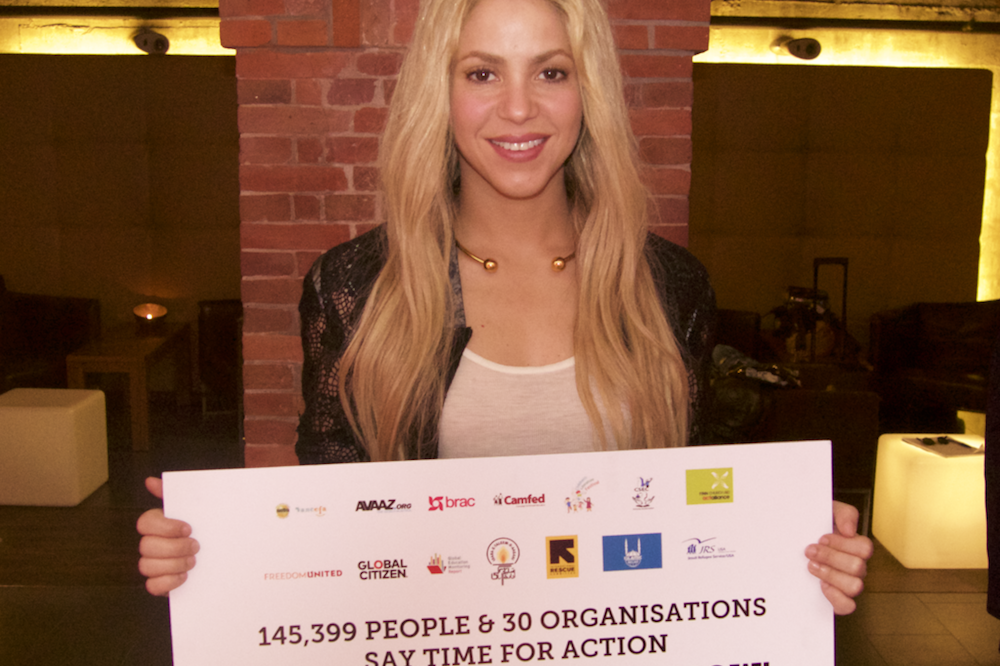
Shakira takes a message from campaigners to the G20 summit
Education Cannot Wait fund is delivering
Established last year, the Education Cannot Wait fund is working to promote access to quality education for 3.7 million children – of which 1.6 million are girls – and support 20,000 teachers.
It is currently helping in 13 countries – Syria, Yemen, Chad, Ethiopia, Central African Republic, Peru, Bangladesh, Madagascar, Nepal, Uganda, Somalia and Ukraine. Resilience multi-year programmes are also being developed in Uganda and Lebanon.
Top teacher works with Inuit in Arctic
The winner of this year’s Global Teacher Prize was Maggie MacDonnell, who works in a village so deep into the Canadian Arctic you can only get there by plane.
She teaches her Inuit students not just academic subjects but life skills that build hope and self-belief in her students.
The harsh conditions mean very high rates of teacher turnover – plus high rates of teenage pregnancies, sexual abuse and teenage suicide. Maggie’s work with young people has made her a role model for the whole community.
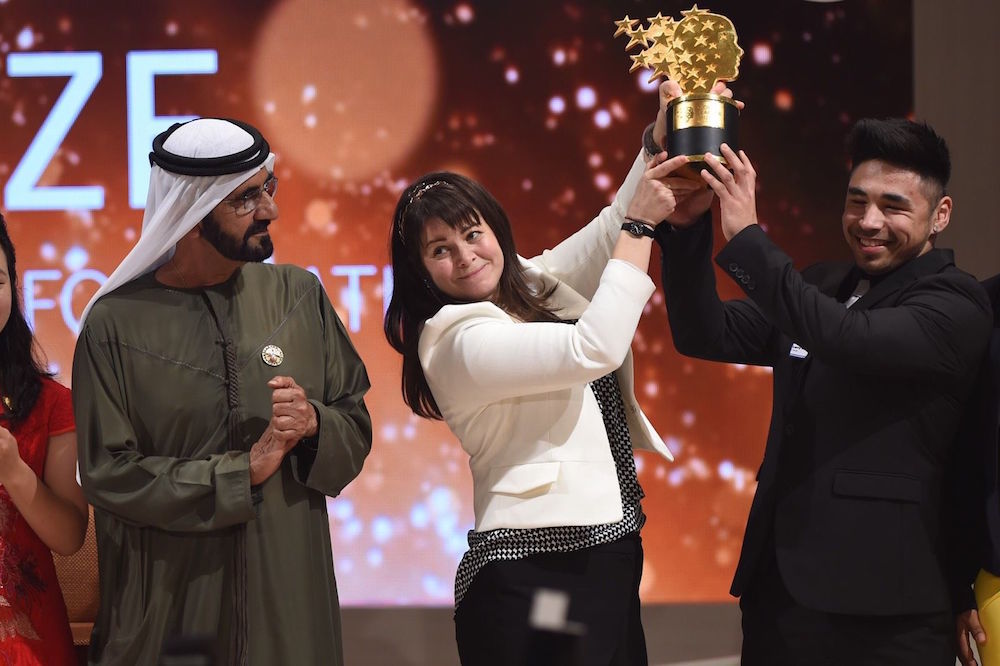
(Global Teacher Prize)
Education Commission plans get more backing
At last year’s UN General Assembly, the Education Commission launched its influential Learning Generation report – which showed why a change of course is needed to get every child in school.
Its progress report in September revealed that more than 20 developing countries have endorsed the Learning Generation recommendations and agreed to prioritise education and be education champions.
Countries sign the Safe Schools Declaration
In February, France and Canada became two of the highest-profile nations to sign the Safe Schools Declaration – a commitment to protect schools during armed conflicts.
A total of 71 countries have now done so – but France is the only one of the four permanent members of the UN Security Council to do so.
Theirworld has called on the others – the United States, United Kingdom, China and Russia – to follow France’s leadership.
More news

